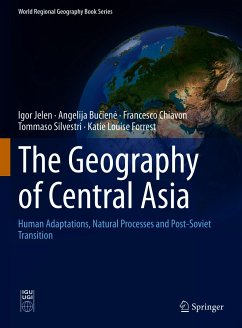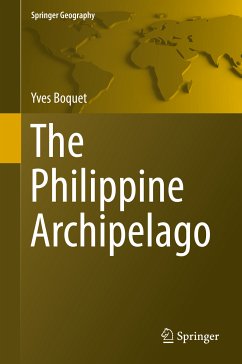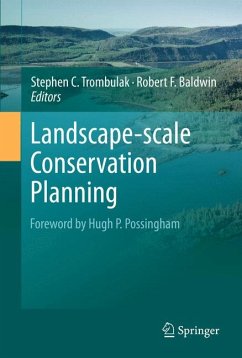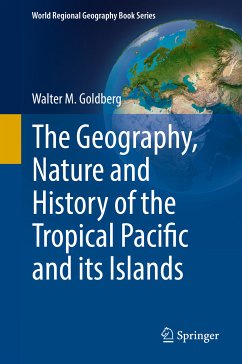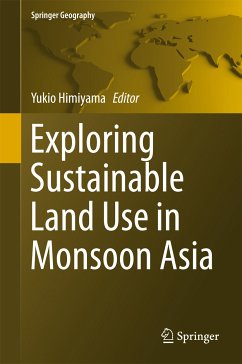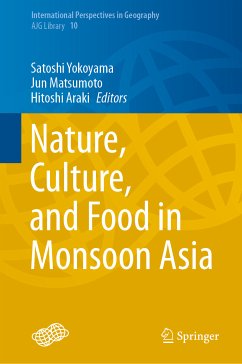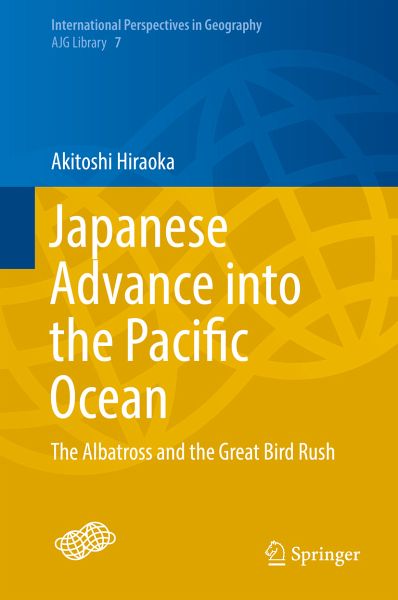
Japanese Advance into the Pacific Ocean (eBook, PDF)
The Albatross and the Great Bird Rush
Versandkostenfrei!
Sofort per Download lieferbar
88,95 €
inkl. MwSt.
Weitere Ausgaben:

PAYBACK Punkte
44 °P sammeln!
This book asserts that the albatross was the reason for the advance of the Japanese into the isolated islands in the Pacific after the abolition of the Japanese "closed-door" policy that had been in effect from the seventeenth century to the latter part of the nineteenth century. The birds' plumage was of high quality and sold at quite a good price in Europe. The Japanese realized the advantage of this global trade, and their desire to capture albatross motivated them to advance into the Pacific. The exploration of the uninhabited islands had become a fast-moving trend, defined by the author a...
This book asserts that the albatross was the reason for the advance of the Japanese into the isolated islands in the Pacific after the abolition of the Japanese "closed-door" policy that had been in effect from the seventeenth century to the latter part of the nineteenth century. The birds' plumage was of high quality and sold at quite a good price in Europe. The Japanese realized the advantage of this global trade, and their desire to capture albatross motivated them to advance into the Pacific. The exploration of the uninhabited islands had become a fast-moving trend, defined by the author as the "Bird Rush". As a consequence, the advance into the Pacific by the Japanese resulted in the expansion of Japanese territory. The author has interpreted this Japanese movement into the Pacific by making use of the framework of three distinct shifts: in the aim of their actions from birds to guano / phosphate ore, in the agents of action from individual speculators to commercial capital and then to monopolistic capital, and from the sea near Japan to the wider Pacific. This concept can be termed "a view of history centered on the albatross".
Dieser Download kann aus rechtlichen Gründen nur mit Rechnungsadresse in A, B, BG, CY, CZ, D, DK, EW, E, FIN, F, GR, HR, H, IRL, I, LT, L, LR, M, NL, PL, P, R, S, SLO, SK ausgeliefert werden.
Alle Preise in Euro und inkl. der gesetzl. MwSt. | Innerhalb Deutschlands liefern wir preisgebundene Bücher versandkostenfrei. Weitere Informationen: bitte hier klicken
Support
Bitte wähle dein Anliegen aus:
Rechnungen
Bestellstatus
Retourenschein
Storno



